Decentering the Politics of Power: Student Protests and Youth Movements
This session will explore the implications of student protest movements focused on Palestine and their potential to transcend grassroots activism, leading to meaningful political change. The panel will discuss how these movements are shaping the Palestinian political landscape, strategies for overcoming geographic and generational gaps, and potential ways in which these movements might address challenges in their pursuit of justice.
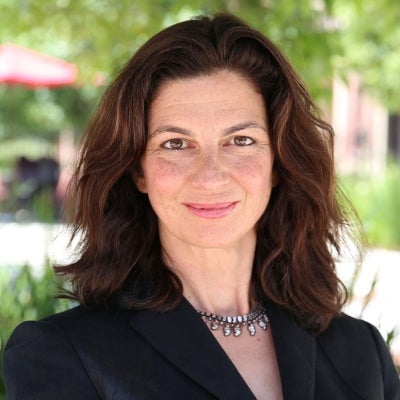
Sarah Gualtieri (Moderator)
Sarah Gualtieri is a Professor of History and American Studies at Georgetown University in Qatar. Professor Gualtieri’s research and teaching cover Middle Eastern studies, migration, Arab American studies, and critical ethnic studies, with a particular focus on race, gender, and power. She is the author of Between Arab and White: Race and Ethnicity in the Early Syrian American Diaspora (University of California Press, 2009) and Arab Routes: Pathways to Syrian California (Stanford University Press, 2019), which won the Arab American Book Award and the Alixa Naff Prize in Migration Studies. She joins GU-Q from the University of Southern California, where she was a professor in the departments of American Studies and Ethnicity, History, and Middle East Studies. She has received numerous national fellowships, including the National Endowment for the Humanities, the American Council of Learned Societies, and the Social Science Research Council.
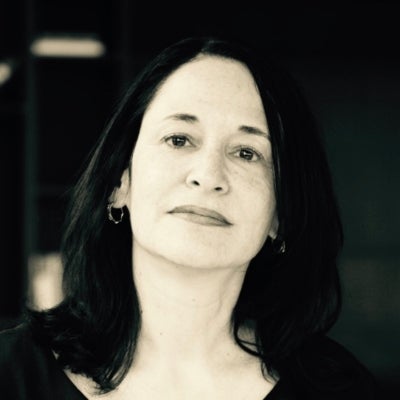
Nadia Abu El-Haj
Nadia Abu El-Haj is Ann Whitney Olin Professor in the Departments of Anthropology at Barnard College and Columbia University, Co-Director of the Center for Palestine Studies, and Chair of the Governing Board of the Society of Fellows/Heyman Center for the Humanities at Columbia University. She also serves as Vice President and Vice Chair of the Board at The Institute for Palestine Studies in Washington DC. She is the author of numerous journal articles published on topics ranging from the history of archaeology in Palestine to the question of race and genomics today. Abu El-Haj has published three books: Facts on the Ground: Archaeological Practice and Territorial Self-Fashioning in Israeli Society (2001), which won the Albert Hourani Annual Book Award from the Middle East Studies Association in 2002, The Genealogical Science: The Search for Jewish Origins and the Politics of Epistemology (2012) and Combat Trauma: Imaginaries of War and Citizenship in Post 9/11 America (Verso 2022)
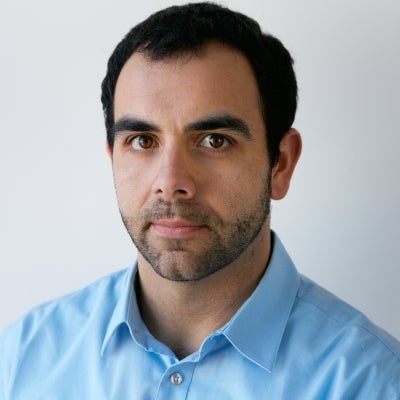
Omar Shakir
Omar Shakir serves as the Israel and Palestine Director at Human Rights Watch, where he investigates human rights abuses in Israel, the West Bank, and Gaza and has authored several major reports, including a 2021 report comprehensively documenting how Israeli authorities are committing the crimes against humanity of apartheid and persecution against millions of Palestinians. As a result of his advocacy, the Israeli government deported him in November 2019. Prior to his current role, he was a Bertha Fellow at the Center for Constitutional Rights, where he focused on US counterterrorism policies, including legal representation of Guantanamo detainees. As the 2013-14 Arthur R. and Barbara D. Finberg Fellow at Human Rights Watch, he investigated human rights violations in Egypt, including the Rab’a massacre, one of the largest killings of protesters in a single day.n University’s School of Foreign Affairs, and a BA in International Relations from Stanford.
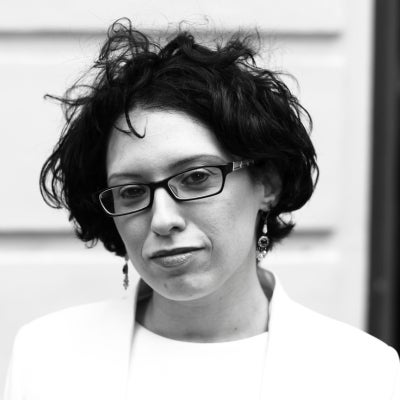
Lana Tatour
Lana Tatour is a Senior Lecturer in Global Development at the School of Social Science. She was the 2019–20 Ibrahim Abu-Lughod Postdoctoral Fellow at the Center for Palestine Studies at Columbia University. Her co-edited book, Race and the Question of Palestine, is forthcoming with Stanford University Press in 2025. She is also currently completing a monograph provisionally titled Ambivalent Resistance: Palestinians in Israel and the Liberal Politics of Settler Colonialism and Human Rights.
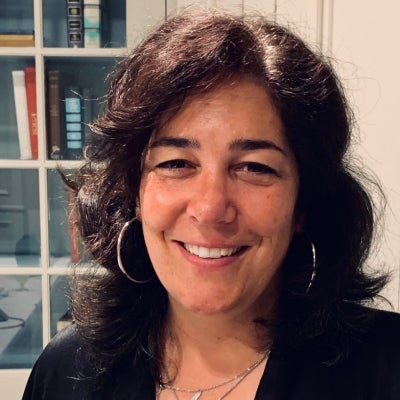
Jennifer Zacharia
Jennifer Zacharia is a lawyer and writer. A graduate of Columbia Law School, she is currently a researcher at the University of California, Berkeley, and has worked in a variety of human and civil rights organizations. Her articles have appeared in the Boston Review and the Nation, and she has also given several endowed lectures, including the Edward W. Said lecture at the Palestine Center, and the Paul Kardoush Memorial Lecture at the University of Houston.